Chemical engineering instrumentation plays a crucial role in monitoring, controlling, and optimizing chemical processes. Mastering chemical instrumentation is essential for anyone pursuing a career in chemical engineering, as these tools ensure process safety, efficiency, and quality. Here’s a detailed guide to help you systematize your learning of chemical engineering instrumentation.
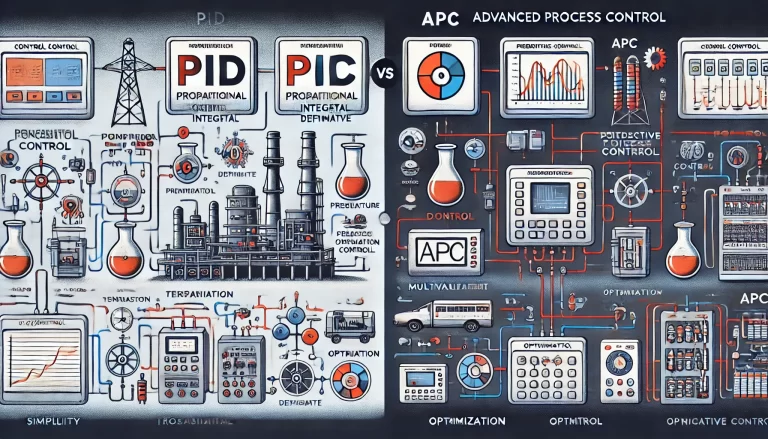
1. Understand Fundamental Theories
A. Chemical Engineering Basics
Before diving into instrumentation, it’s crucial to understand the underlying chemical processes. You should have a firm grasp of:
- Chemical reactions: Understanding reaction kinetics and equilibrium.
- Thermodynamics: Knowing how energy changes during chemical processes.
- Fluid dynamics: Learning how fluids behave in pipes and reactors.
- Heat and mass transfer: Understanding how heat and materials are exchanged in systems.
B. Basic Instrumentation Concepts
Begin by studying the fundamental concepts of measurement and control in chemical engineering:
- Pressure: Measurement of force exerted by fluids in a system.
- Temperature: Thermal measurement in processes, often with thermocouples or thermistors.
- Flow rate: Understanding how fluids move through a system, measured by devices like flowmeters.
- Level measurement: Knowing how to measure liquid levels in tanks or vessels.
- Composition analysis: Tools to determine the concentration of specific chemicals in a mixture.
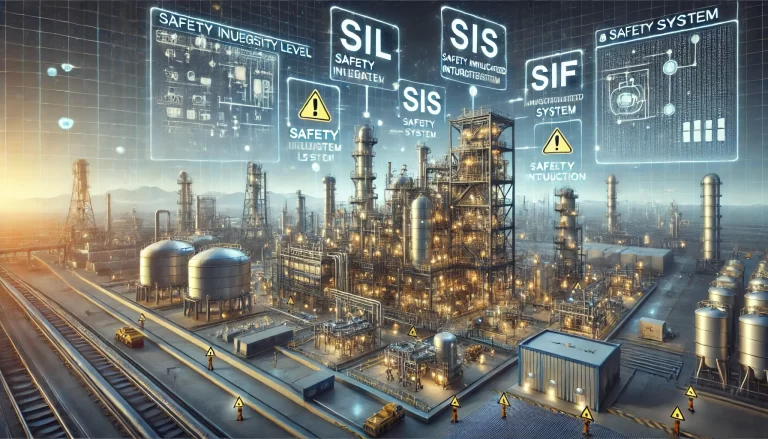
2. Familiarize Yourself with Common Instruments
A. Measuring Instruments
In chemical engineering, a variety of sensors and transmitters are used to measure key parameters. Some of the most common instruments include:
- Pressure Gauges: Measures the pressure of gases or liquids in a system.
- Thermocouples and RTDs: Devices that measure temperature based on electrical resistance.
- Flow Meters: Includes differential pressure flowmeters, electromagnetic flowmeters, and ultrasonic flowmeters for measuring the flow of liquids and gases.
- Level Sensors: Instruments like radar level sensors or float-based systems measure liquid levels in storage tanks or reactors.
- pH Meters: Used to monitor the acidity or alkalinity of solutions.
- Gas and Liquid Chromatographs: Analytical instruments for identifying chemical components in a sample.
B. Control Valves and Actuators
In addition to measurement, control is equally important in chemical processes. Control valves and actuators regulate flow, pressure, and temperature to maintain process stability:
- Control Valves: Valves that modulate flow rate based on process requirements. Common types include globe valves, ball valves, and butterfly valves.
- Actuators: Devices used to automatically adjust valves, either pneumatically, electrically, or hydraulically.
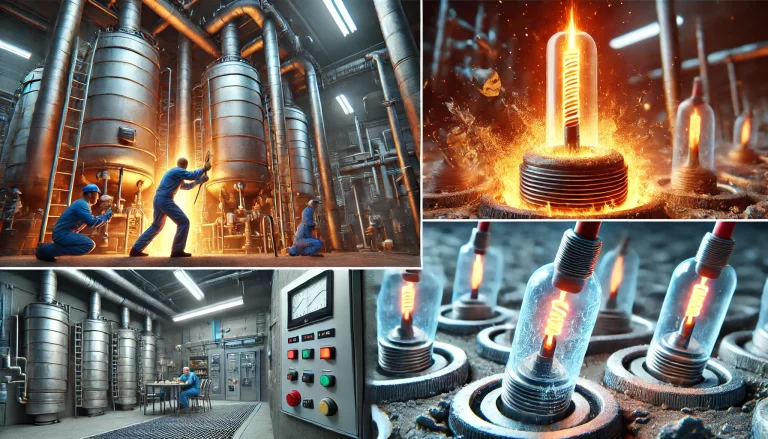
3. Learn About Control Systems
A. Basics of Process Control
Chemical plants rely heavily on automated control systems to maintain optimal operating conditions. You need to understand:
- PID Controllers: Proportional-Integral-Derivative controllers are used to adjust process variables like flow and temperature automatically.
- Feedback Loops: Learn how a control system monitors process outputs and adjusts inputs to maintain stability.
B. Distributed Control System (DCS) & Programmable Logic Controllers (PLC)
- DCS: These systems are used for large, complex processes where control is distributed across many interconnected devices.
- PLC: These programmable devices are used for automation in smaller or more localized systems. Learning the basics of PLC programming (e.g., ladder logic) is essential.
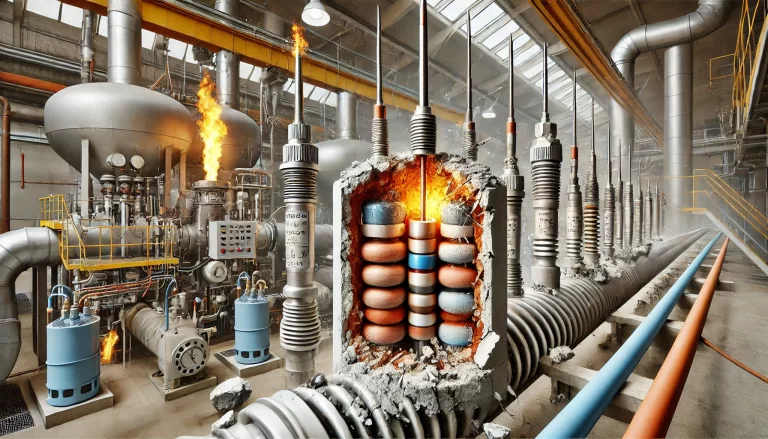
4. Hands-On Practice and Experimentation
A. Laboratory Experience
Gaining practical experience is vital. In a lab environment, practice using and calibrating various instruments:
- Instrument Calibration: Ensure that instruments are providing accurate readings by calibrating them regularly.
- Error Detection: Learn to identify and troubleshoot common instrumentation errors, such as signal noise or mechanical failure.
B. Simulations
If you don’t have access to a physical lab, you can use simulation software to practice working with process control systems:
- MATLAB: A powerful tool for simulating and analyzing control systems.
- LabVIEW: Widely used for automating measurements and experiments, allowing you to create virtual control environments.
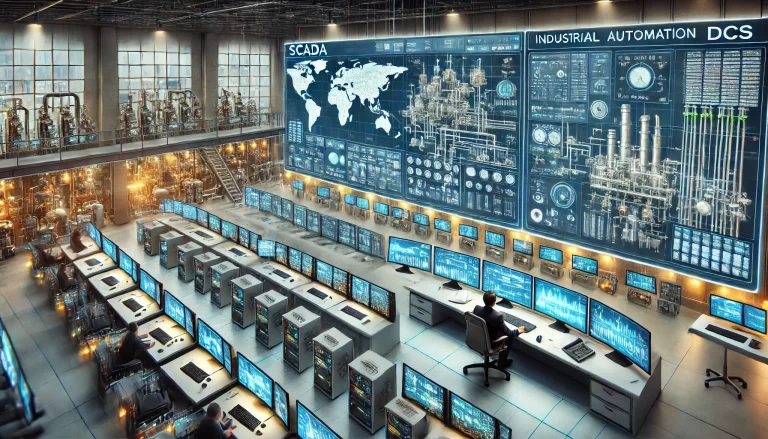
5. Study Industry Standards and Guidelines
A. Instrumentation and Control Standards
Familiarize yourself with the industry standards for instrumentation and control. These ensure consistency, safety, and efficiency in chemical plants:
- ISA Standards (International Society of Automation): Covers best practices for process control and instrumentation.
- IEC Standards: International standards for electrical equipment and instrumentation in hazardous areas.
- Safety Instrumented Systems (SIS): Learn how SIS is designed to protect against process hazards through safety shutdowns and emergency response mechanisms.
B. Instrument Selection and Installation
- Selection Criteria: Learn how to choose the right instrument for specific processes based on factors such as operating range, accuracy, and material compatibility.
- Installation: Ensure proper installation of instruments to avoid process issues. Incorrect installation can lead to inaccurate readings or instrument failure.
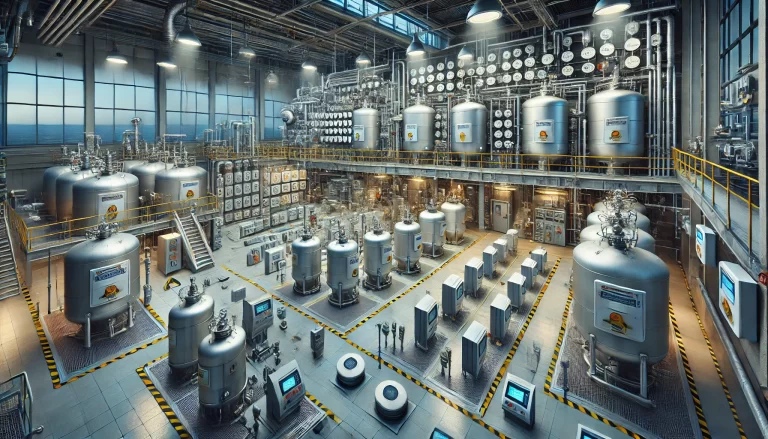
6. Analyze Data from Instruments
A. Data Acquisition
Modern instrumentation systems can capture vast amounts of process data in real-time. Learn how to use data acquisition systems (DAQ) to collect this data and analyze it for process improvements.
- Sensors and Transducers: Convert physical measurements (e.g., temperature or pressure) into electrical signals for data processing.
- Signal Conditioning: Understand the role of amplifiers, filters, and converters in ensuring that raw signals from sensors are usable.
B. Data Analysis Tools
Learn how to analyze the data collected from chemical processes to optimize efficiency and safety:
- Statistical Process Control (SPC): A method used to monitor and control processes by analyzing variations in the data.
- Software Tools: Tools like Excel, Python, or specialized software for trend analysis and predictive maintenance can help identify inefficiencies or potential failures.
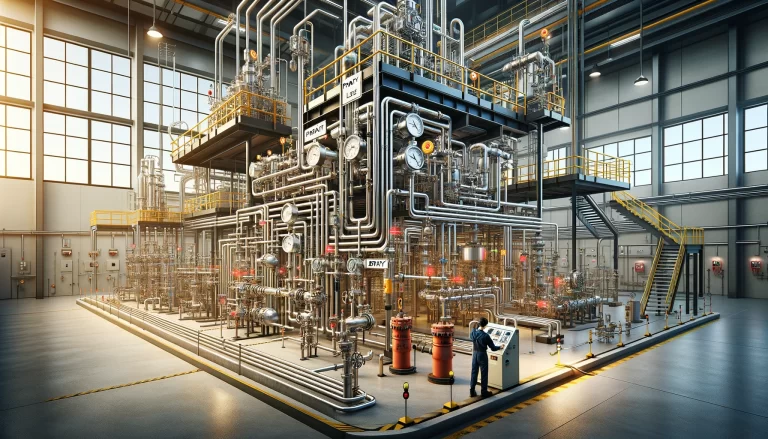
7. Engage in Real-World Projects and Internships
- Internships: Try to gain hands-on experience by working on actual chemical plant projects. This will give you exposure to practical applications of instrumentation.
- Collaborative Projects: Work with teams on projects involving the design and installation of instrumentation systems. Understanding the collaborative aspect of instrumentation is vital in industrial settings.
8. Explore Advanced Technologies
A. Smart Instrumentation
With the rise of Industry 4.0, smart instrumentation is becoming increasingly prevalent in chemical engineering. These instruments have built-in diagnostics, can communicate with central control systems, and provide enhanced data analytics.
- IIoT (Industrial Internet of Things): Learn how IoT technologies are being integrated into chemical plants for remote monitoring and real-time data analysis.
- Wireless Instrumentation: Explore the use of wireless technologies in instrumentation to reduce installation costs and provide more flexible systems.
B. Digital Twins
A digital twin is a virtual model of a physical process, created to simulate, predict, and optimize performance. Understanding how to integrate instrumentation data into a digital twin can provide insights for process optimization and predictive maintenance.
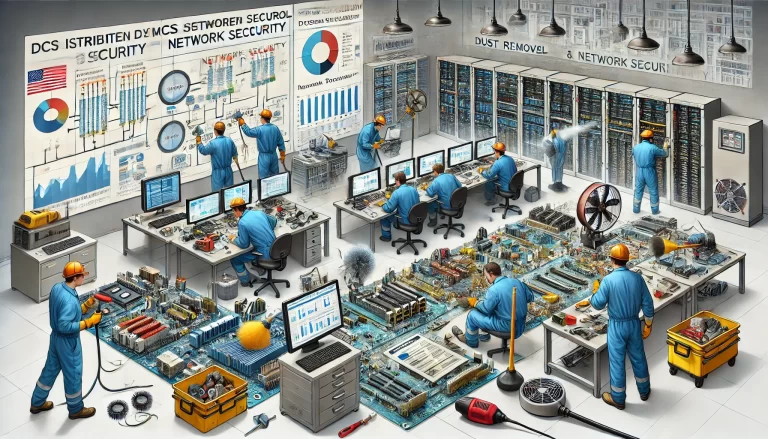
9. Continue Learning with Resources
A. Books and Textbooks
- “Chemical Process Control: An Introduction to Theory and Practice” by George Stephanopoulos: A comprehensive guide to process control in chemical engineering.
- “Industrial Instrumentation and Control Systems” by Terry Bartelt: Covers instrumentation principles and practical applications.
B. Online Courses
- Coursera/edX: Many online platforms offer courses on process control and instrumentation. These courses provide flexibility and hands-on exercises.
- YouTube Tutorials: Channels like RealPars and Instrumentation Academy offer in-depth tutorials on instrumentation and control topics.
C. Certifications
- ISA Certified Automation Professional (CAP): Earning professional certifications can enhance your credibility and employability in the field.
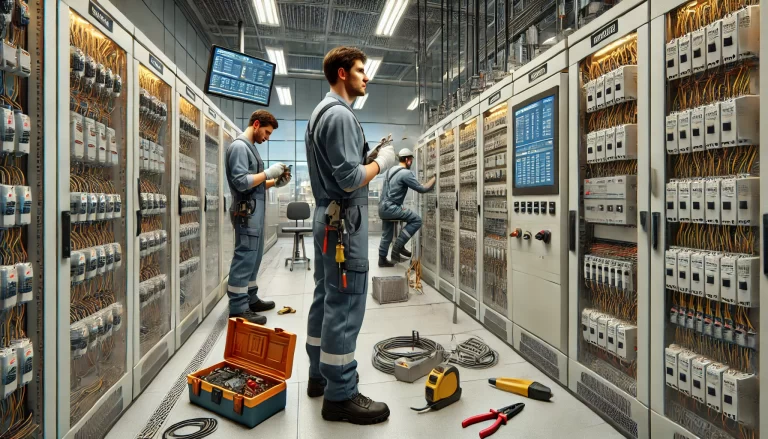
Conclusion
Systematic learning of chemical engineering instrumentation involves building a strong foundation in chemical process principles, studying various instruments, practicing hands-on in labs, and leveraging modern control systems. By continuously refining your skills, exploring new technologies, and engaging in real-world projects, you can master the field of chemical instrumentation, paving the way for success in industrial or research roles.
